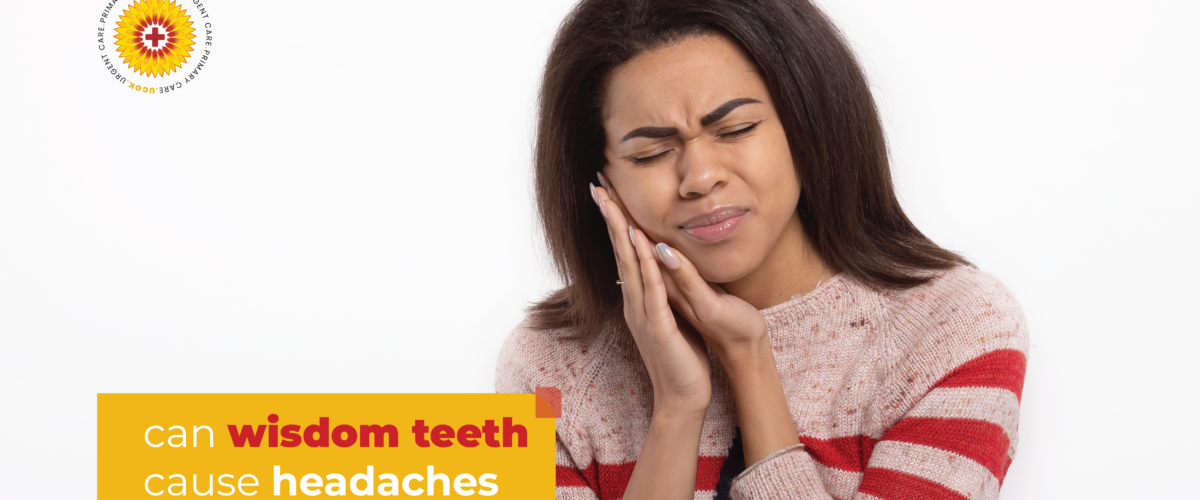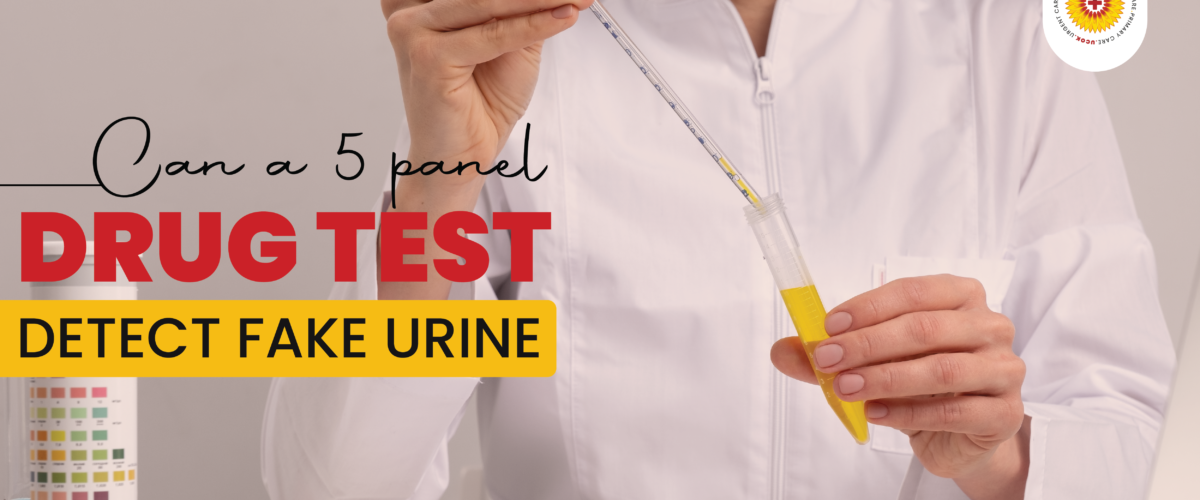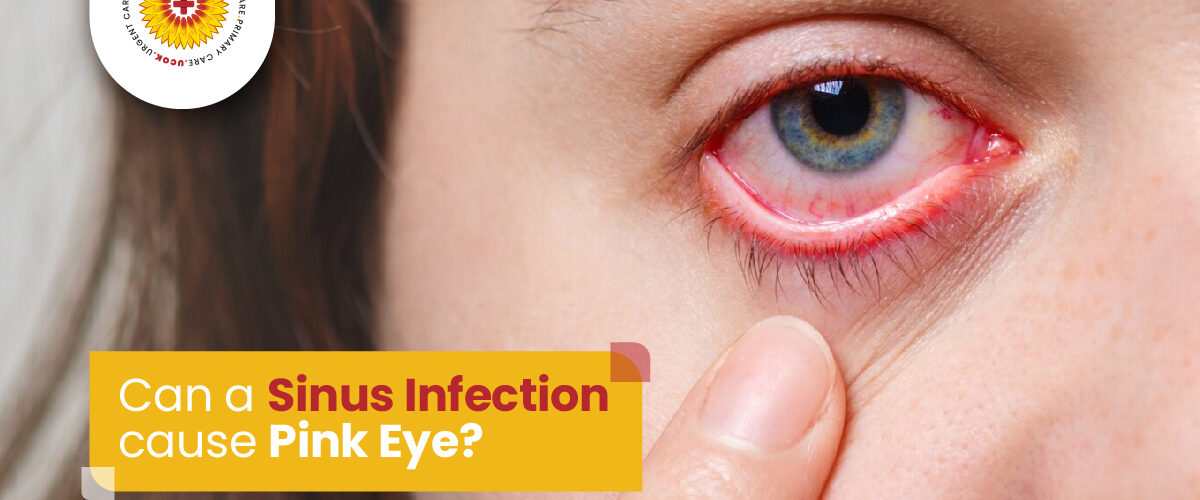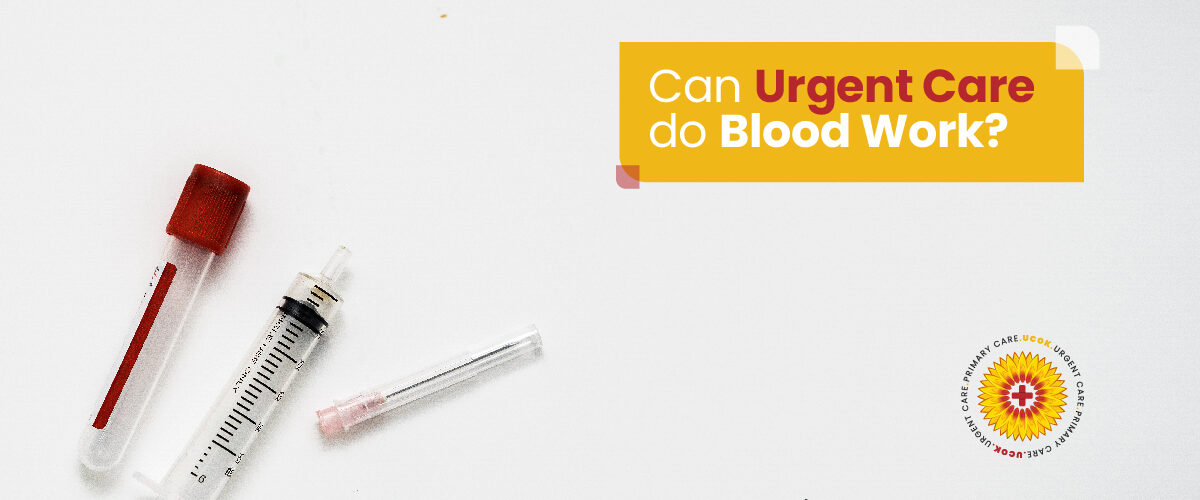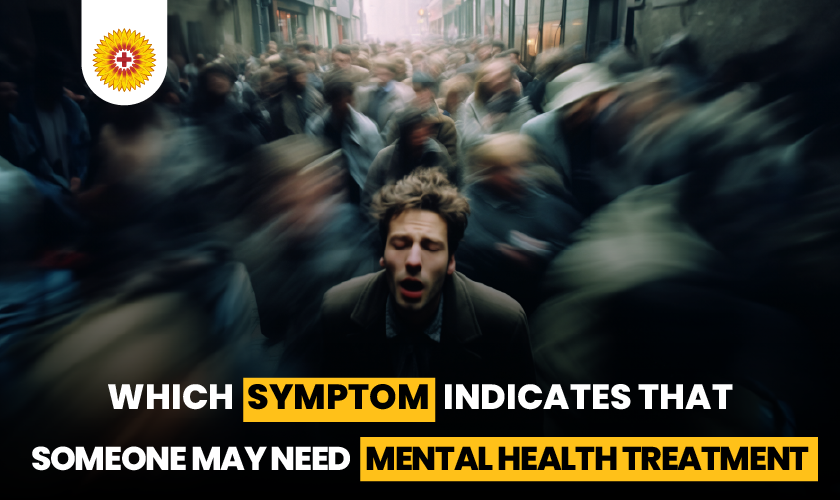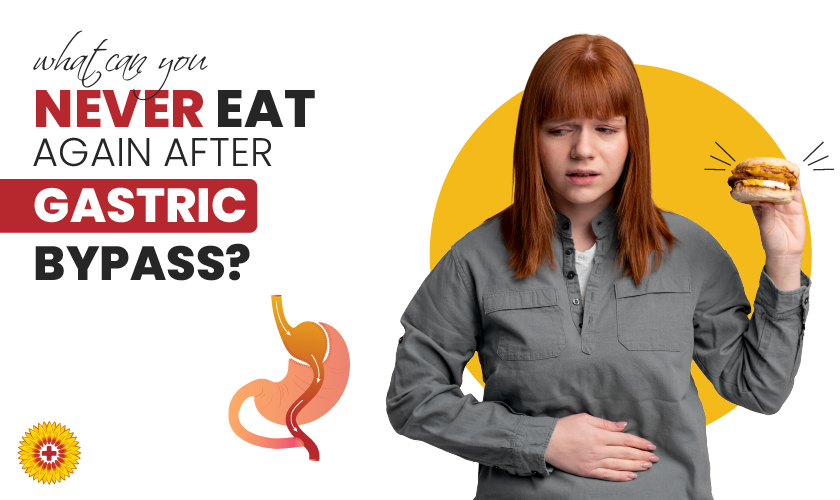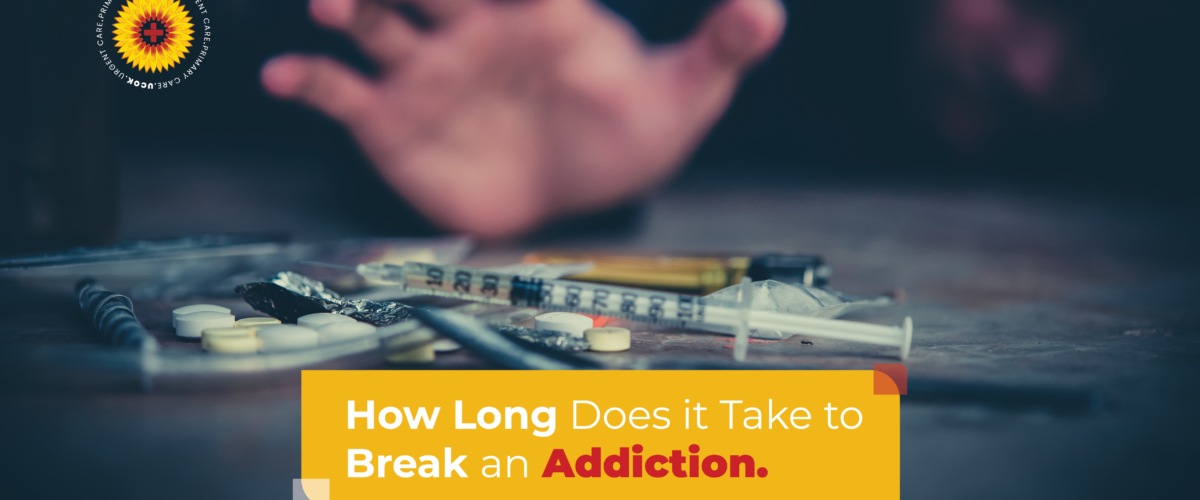
How Long Does It Take to Break an Addiction?
Overcoming an addiction involves an extensive process. Initially, leaving drugs or alcohol behind, you may hope for quick healing. “How long does it take to break an addiction?” is a frequent query.
Addiction affects numerous individuals around the world, with recovery time differing for everyone.
To get the timeline for beating addiction, we need to understand what addiction is, the steps in recovery, and what can change how long it takes.
Choose Urgent Care of Kansas for reliable drug testing services and ensure a safe, drug-free environment. Get in touch with us today.
Let’s look at how to break addiction and study the 5 stages of addiction and how long they can last.
Understanding Addiction
Addiction is like an intense craving, latching onto a behavior or material despite harmful kickbacks. It messes around with your brain, nudging areas tied to rewards, inspiration, and reins.
Meaning, that addiction isn’t merely a bodily bond but also a mental one. You see, because this habit traps your brain’s reward system, healing would mean teaching your brain how to work well without the addictive object or act.
This could take a while and be tough. It needs breaking the physical chain and tending to the emotional and mental parts that help fuel this habit.
Understanding the 5 Stages of Addiction
Understanding drug addiction stages is important for knowing someone’s actions during drug use. It gives us tools to spot those who are at risk or maybe already battling addiction.
When a person moves forward in these stages, dangers linked with addiction rise, and stopping becomes tougher.
Let’s explore the 5 stages of addiction and learn how we can help someone in trouble:
-
Initial Use
At this stage, a person tries a substance for the first time. This is often due to curiosity, peer pressure, or a desire to escape or try something new.
Experimentation doesn’t always lead to addiction. It’s just the start. The person may not yet feel any negative effects.
-
Regular Use
At this point, the individual begins to use the substance more often. This use may be organized and systematic, and they might start to notice the substance’s impact more clearly.
Consistent use can trigger a tolerance build-up, making the person require more to get the same effects.
-
Risky Use
As use becomes more frequent, it may start to interfere with daily responsibilities and relationships. The individual might engage in risky behaviors.
These include driving under the influence or neglecting work and personal obligations. At this point, the negative consequences of substance use become more apparent.
-
Dependence
A physical or psychological reliance on the substance characterizes dependence. They may have withdrawal symptoms without the substance.
Their ability to function normally is compromised. They may spend a lot of time on the substance. Their life becomes increasingly centered around it.
-
Addiction
In the final stage, addiction, the individual can’t stop taking the substance despite understanding the damage it does.
This stage is usually marked by overwhelming desires and a powerful compulsion to use the substance.
At this stage, professional treatment is usually needed. It must address the addiction and its causes.
Knowing these 5 stages can help identify where someone is in their journey. It can also show what support they might need.
How Long Does It Take to Break an Addiction?
Overcoming an addiction does not have a set timeline. It changes widely between individuals. Aspects like the kind of addiction, how long it’s been used, one’s health background, and support networks all matter.
The Myth of 21 Days
Perhaps you’ve heard it takes 21 days to stop a habit. This idea is kind of simplified and can lead to confusion. Studies reveal that forming a new habit might require about 21 days.
But, breaking a current one, especially an addiction, asks for more time. The research shows breaking habits could take from 18 to 254 days, with 66 days as the average.
The 90-Day Standard
In battling addiction, the initial 90 days are critical. The leading expert on drug abuse the National Institute on Drug Abuse (NIDA) suggests at least 90 days in a rehab program.
This is a solid start to kick drug use. Giving the brain this time helps it start resetting and recovering from addiction’s damage.
Factors Affecting the Timeline
Breaking an addiction depends on many elements, such as:
- Type of Addiction: Different substances and activities affect the body and brain in unique ways. Let’s say, for instance, nicotine. You may be able to quit nicotine faster than an opioid addiction. Opioids bring about distinct withdrawal symptoms and desires.
- Duration and Severity of Use: The period of addiction and the severity are pivotal. Intense, long-term use may harm the brain. It can complicate and prolong recovery.
- Personal History: A person’s past can affect their healing. It includes genetics, mental health, and past trauma. Those with mental health or trauma histories might need more time and support.
- Support Systems: Having a strong support system can greatly influence the recovery timeframe. Help from loved ones, friends, and professional guides can offer drive, cheer, and tangible help.
- Treatment Approach: The chosen treatment and a person’s commitment affect healing time. Detox, advice, medication, and therapy can all be adjusted to fit each person’s needs.
How Many Days Does It Take to Break a Habit?
It usually takes about 21 to 66 days to start or stop a habit. This depends on how complex the habit is and the person’s unique traits.
Habits are standard practices we can engage in. Comparatively, addictions are more severe.
They usually involve a more profound, often physical need that demands extensive treatment to overcome.
How Long Does It Take to Get Over an Addiction?
Recovery from addiction isn’t simple, it’s a double-sided battle, physical and mental.
The physical side can take some weeks, even months, to get better, depending on what you’re bouncing back from.
On the mental front, fighting off desires and shaping new behaviors demands more time, and help.
How Long Does a Craving Last?
Cravings can change. They might last a little while or a long time, from minutes to hours. You can handle them.
Try different things like distracting yourself, paying attention to now, or simply doing healthy stuff. It can make cravings less strong.
How to Break an Addiction?
If you’re wondering how to break an addiction, here are some useful steps:
-
Admit There’s an Issue
The first move in conquering addiction is realizing there is an issue. Although it may be hard, it is necessary for progress.
-
Get Expert Advice
Look for help from a medical pro or addiction expert. They can deliver direction, backing, and tailored solutions for your situation.
-
Have a Supportive Circle
Have a circle of supportive friends and family. Support groups, like Alcoholics Anonymous (AA) and Narcotics Anonymous (NA), can help. They can provide a sense of belonging and responsibility.
-
Make Coping Plans
Spot cues leading to desires and make plans to handle them. This might include awareness tactics, exercise, or hobbies that divert your attention from the desire to use.
-
Set Achievable Goals
Overcoming addiction is a process. Set reachable goals and rejoice in small wins on your path. This can uphold your drive and positivity.
-
Cultivate Healthy Habits
Include good habits in your everyday routine. Regular physical activity, a balanced meal plan, and enough sleep could be part of it. These modifications can boost your overall health and aid your recovery.
Conclusion
So, how long does it take to break an addiction? Breaking an addiction is tough. It’s complicated, needing time, dedication, and help.
Let’s try to figure out addiction stages and what influences how quickly someone recovers.
Never forget recovery is a journey, not a place you arrive at. Each move you make helps in a life free from addiction’s grip.
FAQs
Q: How many days to break an addiction to nicotine?
Giving up nicotine can take weeks to months as cravings slowly reduce.
Q: How many days to break an alcohol addiction?
A detox may take a few days to a week, but you’ll need several months of help and therapy to fully recover.
Q: What are the first signs of withdrawal?
You might feel anxious, edgy, sweaty, sick, and crave substances.
Q: Can lifestyle changes help in breaking an addiction?
Yes, incorporating healthy habits, stress management techniques, and positive activities can support the recovery process.

